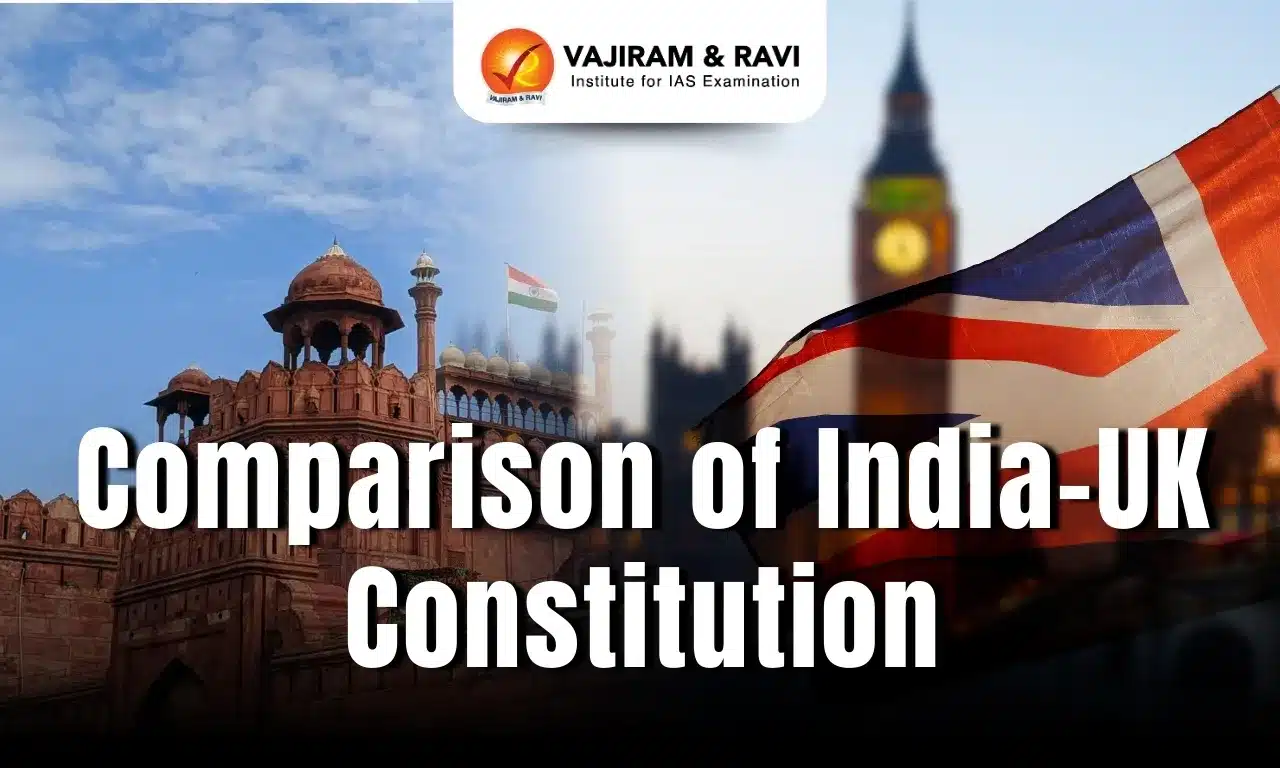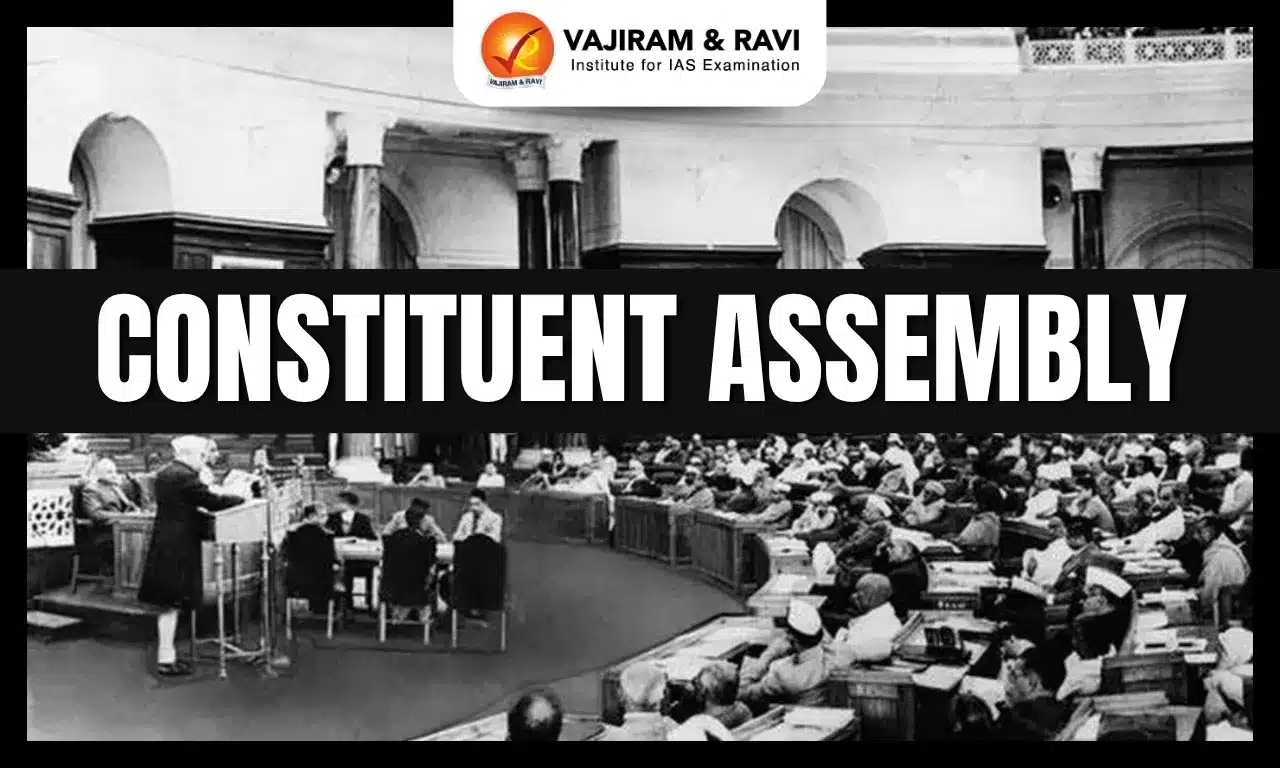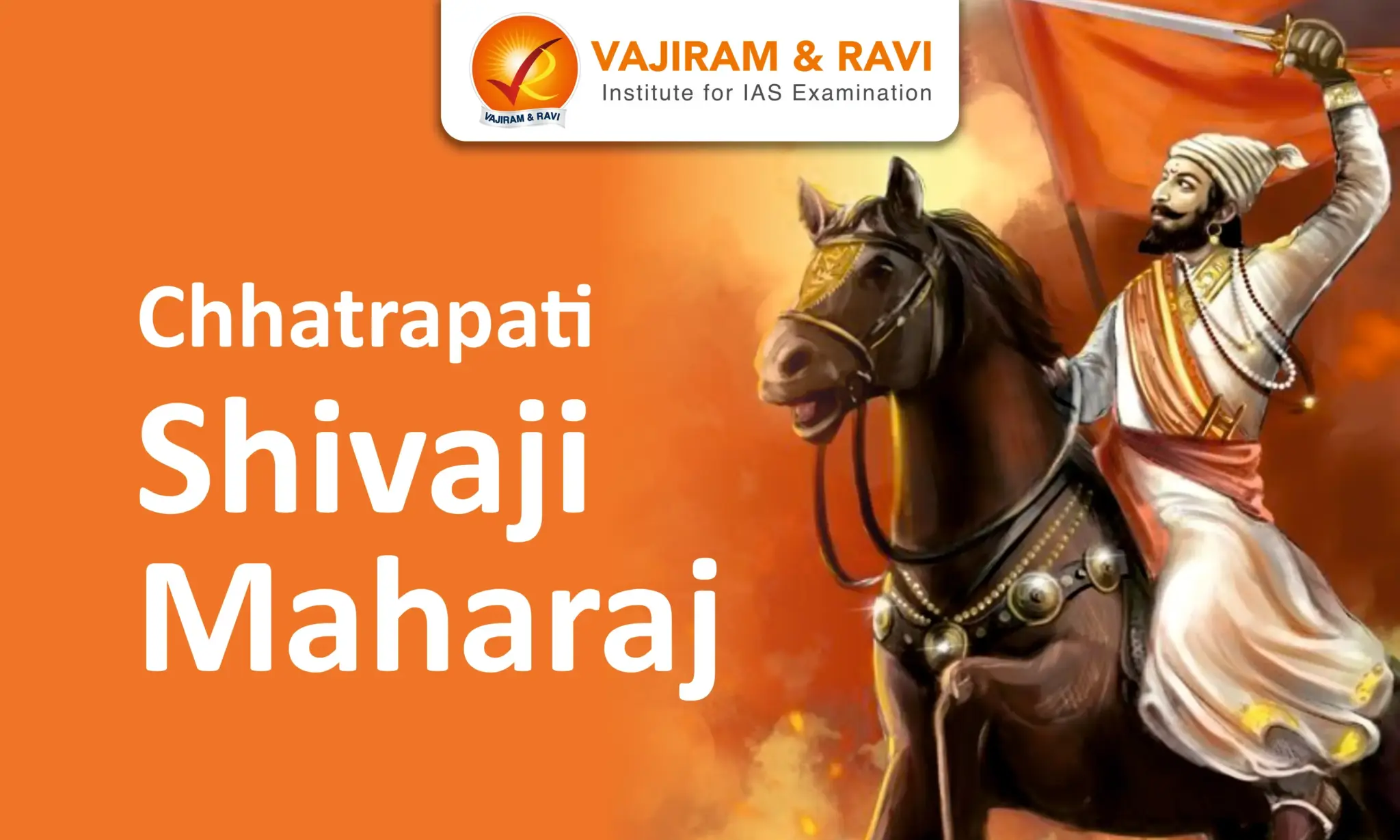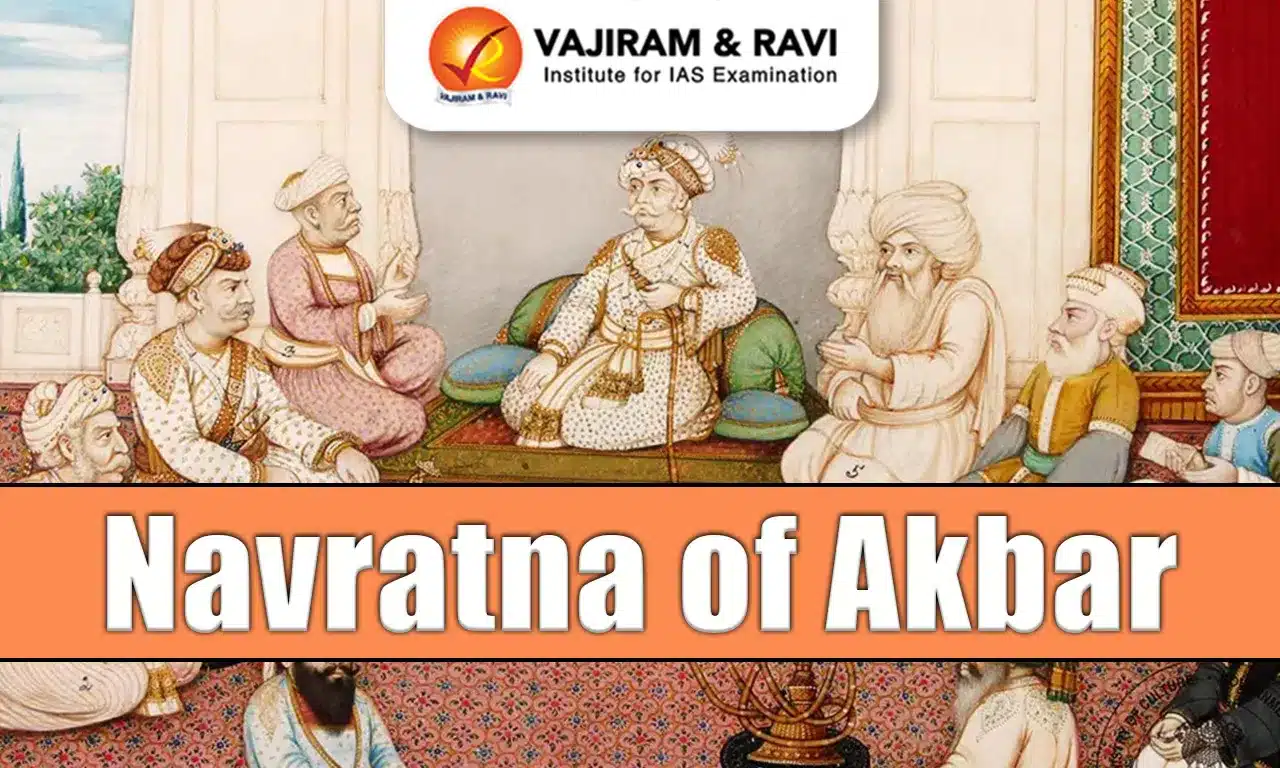Comparison of Indian constitutional scheme with UK
India and the United Kingdom have distinct constitutional systems that have evolved over time.
The constitutional systems of India and the United Kingdom, though both rooted in a parliamentary democracy, exhibit striking differences in their historical development, structure, and function. This comparison aims to examine and contrast the key features and principles of these two constitutional systems, highlighting their similarities and dissimilarities.
| Features | Indian Constitution | UK Constitution |
| Nature of the constitution |
Lengthiest written constitution:
|
Unwritten constitution:
|
| Citizenship |
|
|
| Nature of federalism |
Federal character:
|
Unitary character:
|
| Head of state |
|
|
| Prime Minister |
|
|
| Cabinet |
|
|
| Parliament |
|
|
| Legislative branch |
|
|
| Office of speaker |
|
|
| Ministerial responsibility |
|
|
| Fundamental rights |
|
|
| Directive principles of state policies and Fundamental duties |
|
|
| Rule of Law |
|
|
| Amendment process |
|
|
| Judiciary |
|
|
Key Points of Convergence:
- Writ petitions: Writs are a type of tool that is used to provide remedies to aggrieved persons.
- Rule of law: The Rule of Law is a comprehensive theory upon which the supreme laws of the India, and the UK are based. For the welfare of an equitable state, every individual shall hold equal status in society and shall be provided with their basic human rights.
- Interpretation of constitution: The courts in India and the UK function as the supreme authority for interpreting their respective constitutions.
- Independence of Judiciary: The removal of judges in both India and Britain can take place for serious misbehavior, and requires the approval of both Houses of Parliament.
Last updated on February, 2026
→ UPSC Notification 2026 is now out on the official website at upsconline.nic.in.
→ UPSC IFoS Notification 2026 is now out on the official website at upsconline.nic.in.
→ UPSC Calendar 2026 has been released.
→ UPSC Final Result 2025 is expected to be released soon.
→ Check out the latest UPSC Syllabus 2026 here.
→ Join Vajiram & Ravi’s Interview Guidance Programme for expert help to crack your final UPSC stage.
→ UPSC Mains Result 2025 is now out.
→ UPSC Prelims 2026 will be conducted on 24th May, 2026 & UPSC Mains 2026 will be conducted on 21st August 2026.
→ The UPSC Selection Process is of 3 stages-Prelims, Mains and Interview.
→ Prepare effectively with Vajiram & Ravi’s UPSC Prelims Test Series 2026 featuring full-length mock tests, detailed solutions, and performance analysis.
→ Enroll in Vajiram & Ravi’s UPSC Mains Test Series 2026 for structured answer writing practice, expert evaluation, and exam-oriented feedback.
→ Join Vajiram & Ravi’s Best UPSC Mentorship Program for personalized guidance, strategy planning, and one-to-one support from experienced mentors.
→ Check UPSC Marksheet 2024 Here.
→ UPSC Toppers List 2024 is released now. Shakti Dubey is UPSC AIR 1 2024 Topper.
→ Also check Best UPSC Coaching in India
Comparison of India-UK Constitution FAQs
Q1. What are the common features of the constitutions of India and the UK? +
Q2. What is the difference between a monarchy and a republic? +














